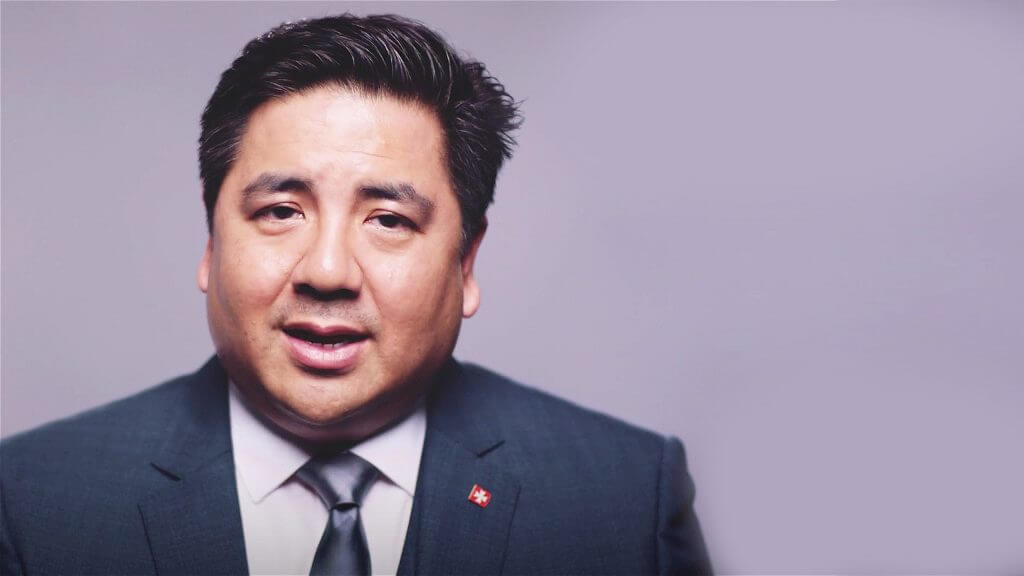Support Through Cancer
- Al Roker, 68, was diagnosed with prostate cancer in 2020 and successfully battled the disease after undergoing surgery.
- Now, after also being treated for dangerous blood clots in his lungs and leg, Roker expressed how thankful he is for having the support of his wife throughout his journey.
- Communication and patience in a relationship is key to offer the much-needed support to a partner dealing with cancer.
- Anyone with a high risk of developing prostate cancer is advised to begin screening at age 40 or 45.
The 68-year-old anchor, who continues to raise awareness for prostate cancer after publicly battling the disease, gave kudos to wife of 28 years, 62-year-old ABC TV journalist Deborah Roberts, at an even in New York City. Speaking to Page Six at the Hudson River Friends 7th Annual Playground Committee Luncheon, Roker admitted he’s “just so overwhelmed by the outpouring of love and prayers” hes received during his health struggles.
Read MoreSaturdays are meant for slowing down. Is that your philosophy? pic.twitter.com/V6GbUAXpe7
— Deborah Roberts (@DebRobertsABC) February 25, 2023
"I guess I know it now. I didn't know it at the time,” Roker said, explaining that Deborah was able to handle all the details of his health and treatment so he could just “focus on getting better."
Despite the strength and optimism presented by Roker’s spouse, Roberts previously spoke about the emotions she endured at the time of her husband’s cancer diagnosis.
“When he got home after the doctor’s, we went upstairs and had a moment, and he said, ‘It’s cancer.’ I just lost it,” she recounted with People.
“I grabbed him and started crying,” she continued. “It was very emotional for me because you let your mind go there: What if he’s not going to be here with me much longer?”
Regardless of the struggles Roker endured both emotionally and physically, he said at the time, “Knowing that Deborah was there was the greatest source of comfort.”
“At the end of the day, I love us, and I’m determined to cheer us on and be there for us. You cherish and you clutch and you hold on,” Roberts said.
Al Roker's Prostate Cancer Journey
Al Roker revealed on-air in November 2020 that he had received an advanced prostate cancer diagnosis. Roker ultimately chose to undergo surgery to treat his cancer, a disease that can also be treated by hormone therapy, radiation, and chemotherapy.
Roker told SurvivorNet that when he first found out he had cancer, all he could think was “I want this out.”
"My first reaction was, 'I just want this out. I don't want to do radiation,'" Roker said of the prostate cancer that was growing inside his body. "At the end of the day, I thought, 'surgery first,' then I thought, 'no, maybe radiation,' then I went back and (said), 'no, surgery.' That was that. Once I make a decision, I don't really second guess it."
In a previous interview, Roker said it was a routine PSA during his yearly physical revealed he had cancer.
Suspecting his health was up to par, Roker didn’t ask his wife to join him and ultimately didn’t have her by his side when he heard the news.
"It was a scheduled 'let's go over the results of your biopsy' [type of thing]," says Roker. "The doctor closed the door and told Al, 'I like to give these results in person,'" he recalls in an earlier interview.
He told “TODAY,” “She was upset. And once she got past that, the reporter in her kinda took over. And then she’s been at everything ever since!”
Supporting a Spouse Through Cancer
Receiving a cancer diagnosis is undeniably something patients and their supporters have to learn how to cope with.
According to MacMillan Cancer Support, communication is a vital tool in helping support a partner with cancer and it could help a couple understand each other better.
“Try to be yourself and live as normally as possible. Behaving differently may make your partner feel more aware of the cancer,” the charity explains. “It can help to ask your partner what support they would like and find useful. This makes sure you help where it is most wanted and needed. It can also help you avoid misunderstandings.”
The charity also advises partners to allow a loved one who is dealing with a disease to feel as if they are “still in control.”
So it’s important to allow someone who’s battling cancer to have some control of things like family issues, their own care, and finances.
It’s clear that the support of loved ones is crucial for anyone battling cancer and it’s something actress Marcia Cross knows well.
In an earlier interview, the “Desperate Housewives” actress who acted as a caregiver to her husband when he was diagnosed with throat cancer, told SurvivorNet, "Dealing with cancer in a marriage is complicated and takes a lot of patience and love.”
Cross also battled her own cancer, later being diagnosed with anal cancer. She said "communication” in the marriage is key. “Understanding that we are all built differently [is crucial]. Don't expect your husband to suddenly be somebody he's not. Or your wife."
"My husband was… he's a doer, like probably most men," she explained. "He took care of the kids. He was fantastic. I would literally tell him what not to come do. But when I needed him I would say, 'I need you now.’"
Support From Family During Health Challenges
Having a strong community around you, as Al Roker does, is ideal when challenged by health struggles.
Ovarian cancer survivor Beverly Reeves can also attest to the importance of support and a loving community amid fighting a disease.
“If I had one piece of advice for someone who had just been diagnosed with ovarian cancer, it would be to get a strong support group together. Get your close friends. If you're connected to a faith community, get your faith community,” Reeves told SurvivorNet in an earlier interview.
"Get your family. Let them know what's going on and let them help you. And sometimes that's the most difficult thing to do, but just know that they are there,” she continued. ” If they love you, they're there to help you. And don't be embarrassed."
'Faith, Family, and Friends' Helped Beverly Reeves Get Through Ovarian Cancer Treatment
"Because this is a cancer that not a lot of people want to talk about,” she said. “But it's real and we need to talk about it, and we do need that help. So talk to your family and your friends and your faith community, and get that network together so they can support you and be there for you."
PSA Screening for Cancer
Since beating cancer, Roker has continued to urge men to undergo prostate-specific antigen (PSA) tests, which check for prostate cancer. These tests seek out PSA in the bloodstream, which could reveal whether someone has prostate cancer.
Related: Staggeringly Higher Prostate Cancer Rates for Black Men
Anyone with a family history of prostate cancer is urged to start the cancer screening process earlier than the average recommended age. Currently, men with an average prostate cancer risk are advised to start getting screened at 50 years old. Those more likely to get prostate cancer should begin screening at age 40 or 45.
Meanwhile, a new study published in European Urology recently identified nine new genetic risk factors for prostate cancer, seven of those markers being found largely or exclusively in men of African ancestory. It was reportedly the largest genetic study of prostate cancer in men of African descent.
So it’s important to talk to your doctor about your unique history and risk factors for prostate cancer. It’s always best to talk with them about the right course of action and always advocate for your health going into every doctor’s appointment with a plan of action.
Roker told SurvivorNet that finding the right health advocate for you is key when facing a cancer battler: "My message is to try to find the advocate you need, the help you need. Don't take no for an answer, and know that there are people who want to help. There are organizations that are willing to help, but don't give up."
When Should I Get Tested for Prostate Cancer?
Contributing: SurvivorNet Staff
Learn more about SurvivorNet's rigorous medical review process.





